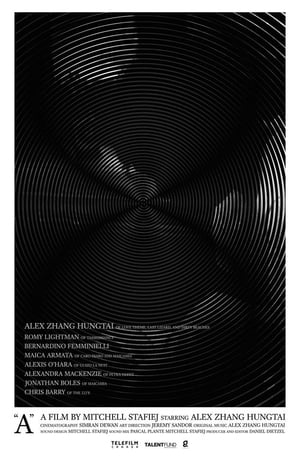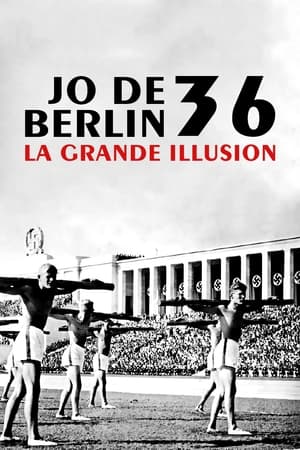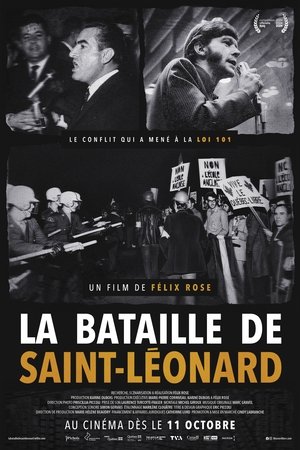
PsiQuis: Un Giro Decolonial(2023)
PsiQuis: Un Giro Decolonial is a documentary that presents and discusses the psychological impact that colonialism has had on the Puerto Rican people. The director analyzes the traumas generated in Puerto Rican society by that colonial experience.
Movie: PsiQuis: Un Giro Decolonial
Top 1 Billed Cast
Himself
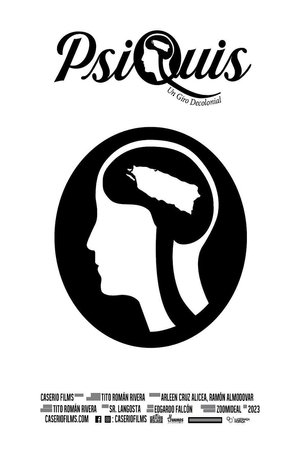
PsiQuis: Un Giro Decolonial
HomePage
Overview
PsiQuis: Un Giro Decolonial is a documentary that presents and discusses the psychological impact that colonialism has had on the Puerto Rican people. The director analyzes the traumas generated in Puerto Rican society by that colonial experience.
Release Date
2023-08-14
Average
10
Rating:
5.0 startsTagline
Genres
Languages:
EnglishEspañolKeywords
Recommendations Movies
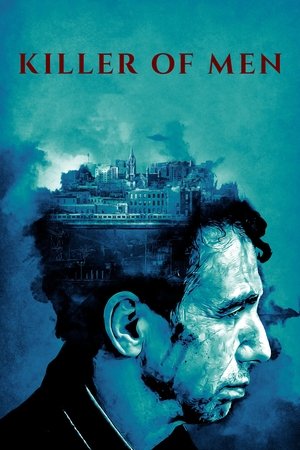 7.3
7.3Killer of Men(en)
A man lurks the night alleys, killing people at random, he feels nothing, no emotion, and no pain; when he meets a graceful widow he must confront what it means to be human.
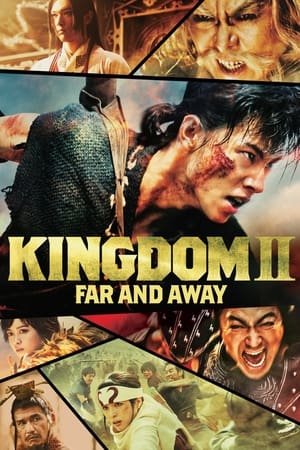 7.2
7.2Kingdom 2: Far and Away(ja)
It follows a young man who dreams of becoming a general and Ying Zheng, whose goal is unification.
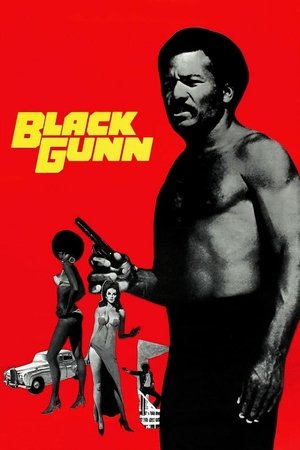 6.0
6.0Black Gunn(en)
A successful and popular nightclub owner who believes financial independence is the path to equality and success, must act as a go-between for militant-minded brother and the white gang syndicate his brother has attacked and robbed. Their involvements lead to a breathless race course chase, the destruction of a dopepusher and a violent waterfront climax.
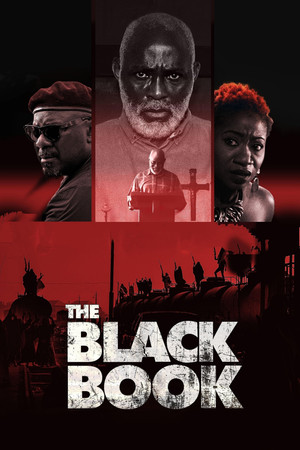 6.8
6.8The Black Book(en)
After his son is wrongly accused of kidnapping, a deacon who has just lost his wife takes matters into his own hands and fights a crooked police gang to clear him.
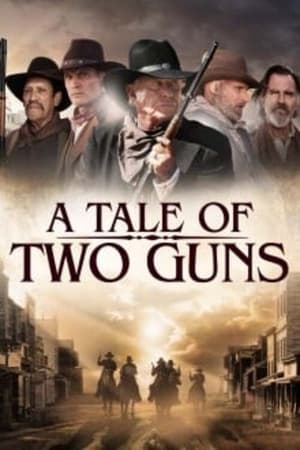 5.8
5.8A Tale of Two Guns(en)
In the lawless West, The Cowboys, a notorious brotherhood of killers and thieves, reigned over the land with brutal fists and fast guns. Fate had finally caught up with them and now the merciless gang has but a single surviving member. When a deputized gunslinger takes up the call to hunt down the last Cowboy, the chase is on and the bullets fly, and only one of these hardened men can survive.
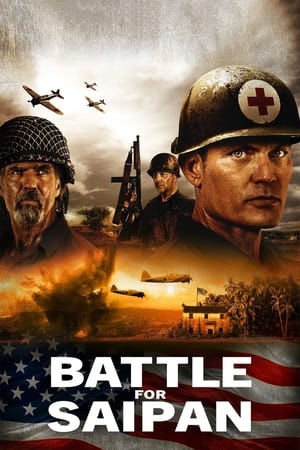 5.7
5.7Battle for Saipan(en)
On July 7, 1944, a U.S. Army hospital on the remote island of Saipan is overrun by Japanese forces during a relentless attack. Outgunned and surrounded by the enemy, a lone medic puts it all on the line to lead a band of wounded soldiers to safety.
 5.7
5.7way(en)
San Francisco filmmaker Konrad Steiner took 12 years to complete a montage cycle set to the late Leslie Scalapino’s most celebrated poem, way—a sprawling book-length odyssey of shardlike urban impressions, fraught with obliquely felt social and sexual tensions. Six stylistically distinctive films for each section of way, using sources ranging from Kodachrome footage of sun-kissed S.F. street scenes to internet clips of the Iraq war to a fragmented Fred Astaire dance number.
 5.9
5.9A(ja)
Roughly chronological, from 3/96 to 11/96, with a coda in spring of 1997: inside compounds of Aum Shinrikyo, a Buddhist sect led by Shoko Asahara. (Members confessed to a murderous sarin attack in the Tokyo subway in 1995.) We see what they eat, where they sleep, and how they respond to media scrutiny, on-going trials, the shrinking of their fortunes, and the criticism of society. Central focus is placed on Hiroshi Araki, a young man who finds himself elevated to chief spokesman for Aum after its leaders are arrested. Araki faces extreme hostility from the Japanese public, who find it hard to believe that most followers of the cult had no idea of the attacks and even harder to understand why these followers remain devoted to the religion, if not the violence.
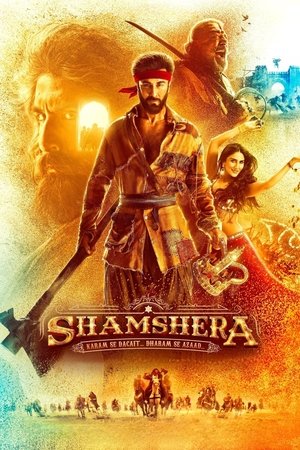 5.5
5.5Shamshera(hi)
Set in the 1800s, the film is about a "dacoit" tribe who take charge in fight for their rights and independence against the British.
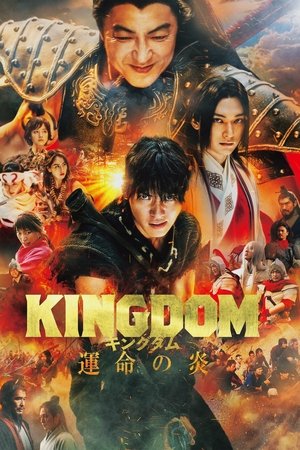 7.5
7.5Kingdom III: The Flame of Destiny(ja)
To defend their kingdom against a sudden invasion, a mighty general returns to the battlefield alongside a war orphan, now grown up, who dreams of glory.
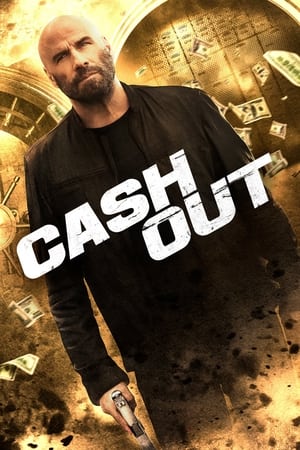 6.3
6.3Cash Out(en)
Criminal mastermind Mason is about to execute the score of a lifetime when his lover and key member of his crew, Decker, takes the team down and reveals she’s an undercover Interpol agent. Heartbroken, Mason escapes and retires from the life of crime until his younger brother Shawn is out of his league taking on a big bank heist all on his own. Mason has no choice left but to come to the rescue, while Interpol brings Decker in hoping to unnerve him. Before the SWAT teams storm the bank, Mason must use every tool in his arsenal to not only escape with the prize, but also the love of his life.
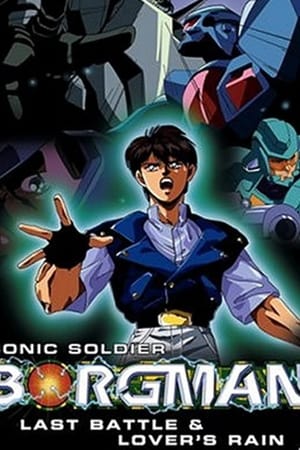 6.6
6.6Sonic Soldier Borgman: Lover's Rain(ja)
Picking up several years after the dissolution of the original Borgman team, this volume reunites the three remaining members--rocket scientist Ryo, his girlfriend Anise, and police officer Chuck Sweager--for the emotionally-driven episode "Lover`s Rain," which finds the trio facing an army of the undead bent on a rampage of murder and destruction.
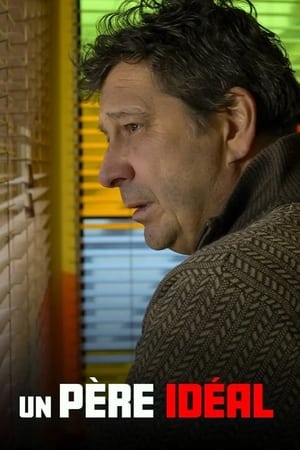 6.3
6.3An Ideal Father(fr)
Michel, the jovial owner of the only café in a small Normandy town, sees his life turned upside down when his teenage daughter is murdered. The community has his back but soon rumor spreads and Michel is singled out. From the ideal father, he becomes the ideal culprit.
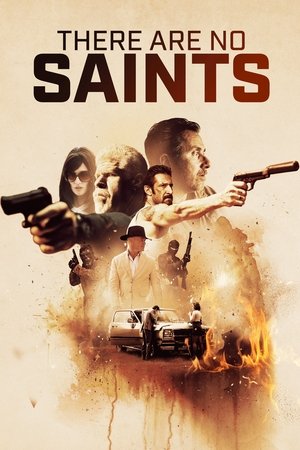 5.2
5.2There Are No Saints(en)
A man is imprisoned for a crime he didn't commit. When his wife is murdered and his son kidnapped and taken to Mexico, he devises an elaborate and dangerous plan to rescue his son and avenge the murder.
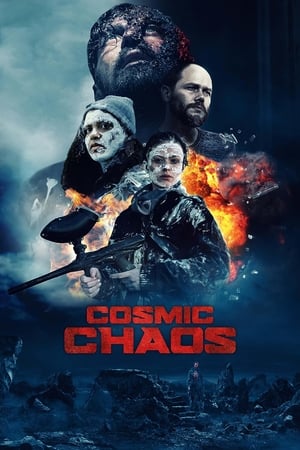 6.0
6.0Cosmic Chaos(en)
Battles in virtual reality, survival in a post-apocalyptic wasteland, a Soviet spaceship giving a distress signal - Fantastic stories created with advanced special effects and passion.
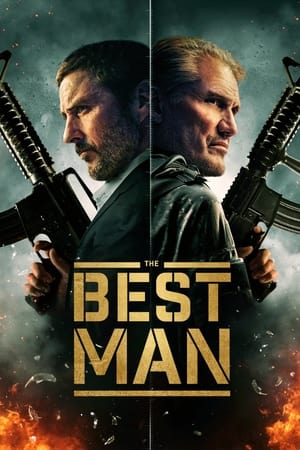 5.9
5.9The Best Man(en)
Mercenaries seize control of a remote resort hotel during a wedding and it's up to the best man, the groom and their drunken best friend to stop the terrorists and save the hostages.
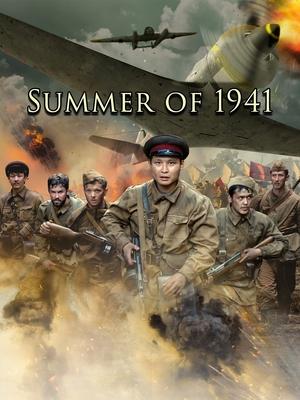 5.7
5.7Summer of 1941(ru)
Beginning of the Great Patriotic War. Lieutenant Adi Sharipov, together with his platoon, cover the retreat of the regimental headquarters and remain surrounded, behind enemy lines. The enemy drives the squad into the swamp. Fear of the unknown, despondency and doubt haunt the fighters until they realize that waiting and inaction will destroy the squad faster than enemy bullets.
Similar Movies
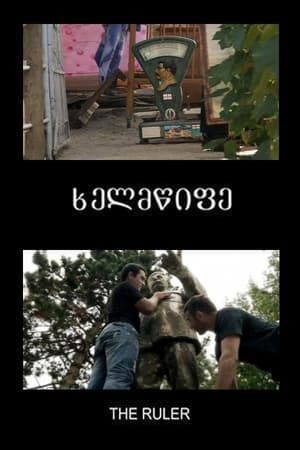 0.0
0.0The Ruler(en)
Stalin’s statue in the garden of a nunnery provokes discussion – plenty of it – in a small Georgian village. Some of the locals used to know Stalin personally because he visited the village several times when he was young, and they continue to see him as a benign ruler from the good old days rather than the brutal dictator he was. Whenever an episode of purge shook the Soviet Union’s republics, they hid the statue in the woods. The church also plays an important role in people’s lives. All in all, the film reveals a fundamental conflict in Georgian society.
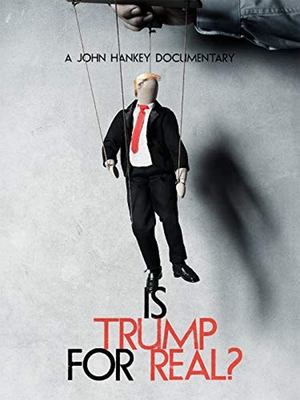 4.0
4.0Is Trump for Real?(en)
With the help of Steve Bannon and Cambridge Analytica, Trump was groomed to appeal to those who have lost faith in media and politics. Bannon has admitted that he modeled his campaign on the one crafted for Hitler, who was a puppet of dark forces. Through meticulous investigation, John Hankey explores this, and how the media circus following Trump is a strategy for dividing a "United" States.
 6.5
6.5If Only I Were That Warrior(it)
If Only I Were That Warrior is a feature documentary film focusing on the Italian occupation of Ethiopia in 1935. Following the recent construction of a monument dedicated to Fascist general Rodolfo Graziani, the film addresses the unpunished war crimes he and others committed in the name of Mussolini’s imperial ambitions. The stories of three characters, filmed in present day Ethiopia, Italy and the United States, take the audience on a journey through the living memories and the tangible remains of the Italian occupation of Ethiopia — a journey that crosses generations and continents to today, where this often overlooked legacy still ties the fates of two nations and their people.
 7.1
7.1Fahrenheit 9/11(en)
Michael Moore's view on how the Bush administration allegedly used the tragic events on 9/11 to push forward its agenda for unjust wars in Afghanistan and Iraq.
 7.0
7.0An Inconvenient Truth(en)
A documentary on Al Gore's campaign to make the issue of global warming a recognized problem worldwide.
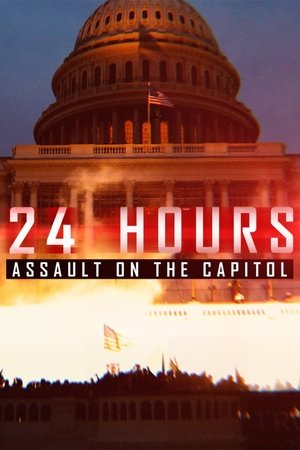 0.0
0.024 Hours: Assault on the Capitol(en)
The detailed timeline of events surrounding the deadly siege of the U.S. Capitol and violence in Washington, D.C. on January 6, 2021.
 6.7
6.7The Society of the Spectacle(fr)
Guy Debord's analysis of a consumer society.
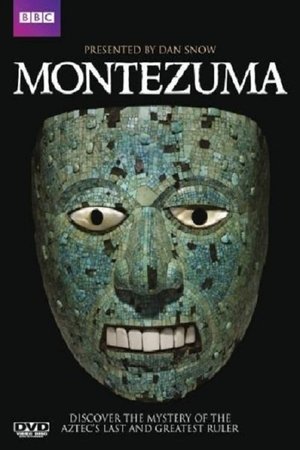 6.5
6.5Montezuma(en)
Montezuma is a 2009 BBC Television documentary film in which Dan Snow examines the reign of the Aztec Emperor Moctezuma II.
Una identidad en absurdo Vol. 1(es)
Guillermo Gómez Álvarez explores the identity politics of Puerto Rico via archival footage from various sources that clash with nine original songs from local independent musicians and a thematic analysis from a psychoanalyst and a historian. From the juxtaposition the absurd becomes coherent and the coherent becomes absurd as Puerto Rican identity is defined and rejected almost simultaneously.
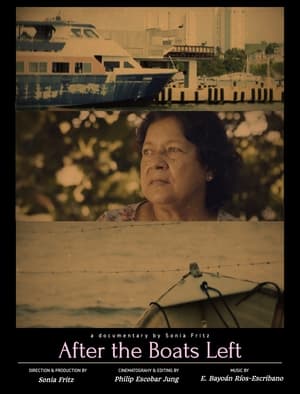 9.0
9.0After the Boats Left(es)
New documentary by Mexican filmmaker Sonia Fritz about a forgotten town in Puerto Rico.
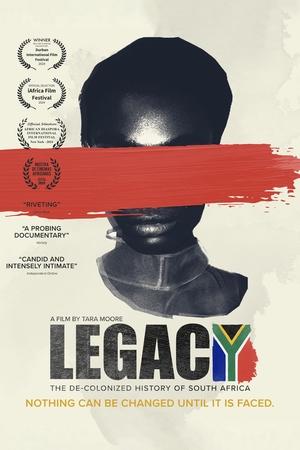 0.0
0.0Legacy: The De-Colonized History of South Africa(en)
Apartheid was dismantled in 1994, yet three decades later, South Africa still remains the most unequal country in the world. The roots of this inequality are revealed in this exploration into South African history, exposing why they persist today. A perspective-shifting documentary that features, in unprecedented access, the grandson of the “Architect of Apartheid”, who takes a searingly honest look into his ancestry, exposing not only the systemic strings that Apartheid still holds over South Africa, but the psychological strings as well.
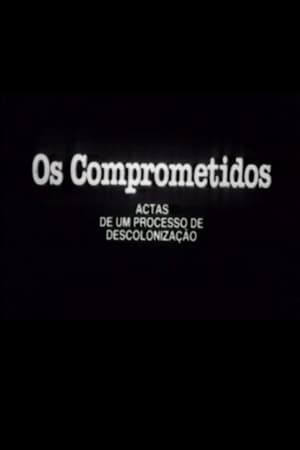 0.0
0.0Os Comprometidos - Actas de um processo de descolonização(pt)
The film deals with the judgment of the so-called "compromised", who integrated the colonial apparatus. At Josina Machel school, in an amphitheater with a full audience and balcony, there is a stage where Samora Machel and the members of the Frelimo political committee are located. He records Samora, an impeccable political actor, sometimes histrionic, in the role that he is attributed as the animator of the scene in the trial.
NZ WARS: Stories of Waitara(en)
Stories of Waitara combines oral histories, state of the art animations and powerful dramatic re-enactments to bring to life the narratives of Te Ātiawa in their epic battle against the military might of the British Empire. Created and presented by award-winning journalist Mihingarangi Forbes NZ Wars: Stories of Waitara documents the epic battle for control over the fertile lands of Taranaki. Shared through the eyes of Te Atiawa descendants including Dr Ruakere Hond with insights from acclaimed historian Dr Vincent O'Malley this digital documentary project focuses on the beginning of the Taranaki wars which started in Waitara and raged across the region for over two decades. The Taranaki pa site of Pukerangiora holds a significant place in New Zealand's military history as a lasting symbol of Maori resistance and resilience. Pukerangiora is now the backdrop for the latest installment of RNZ's award-winning docu-series on the bloody birth of modern New Zealand.
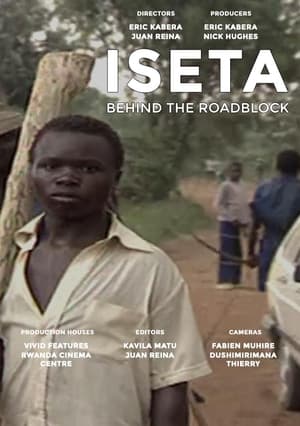 0.0
0.0Iseta / The Story Behind The Road Block(en)
During April 1994, on quiet road in Kigali a group of neighbors in Rwanda were filmed. This was the opening days of the Rwandan Genocide, and even though almost one million people were slaughtered, remarkably there is only one known segment of footage showing any actual killing. This movie is about the extraordinary journey of that evidence as the original photographer returns to Rwanda, revisiting the people and events that he by chance caught on film. As the footage returns to the community, friends and family relive the tragic events as they work with the photographer to identify the victims, and then eventually the killers.
 0.0
0.0Alvaro Cunhal(pt)
A personal biography of the leader of the PCP (Portuguese Communist Party) seen through the eyes of those who were close to him and those who studied his trajectory and thought.
